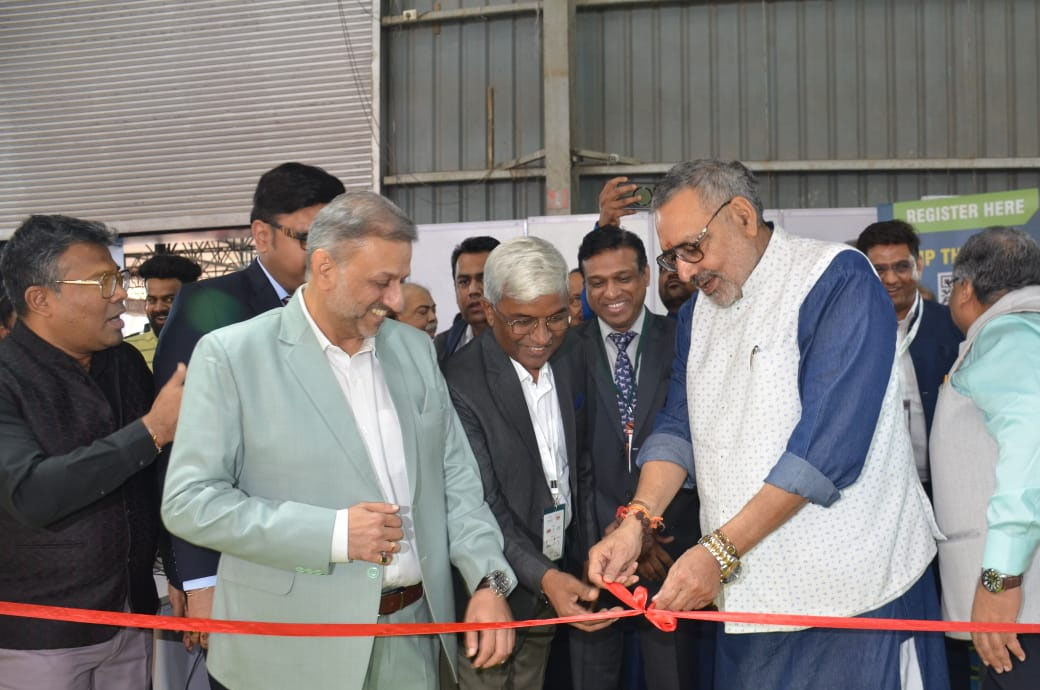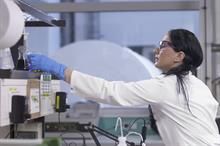
Nonwoven fabric has become a part of daily life and the demand for it is increasing due to the improvement in the standard of living of the middle class in the country. At the fair, Singh showcased his keen interest in the latest innovations in the nonwoven textiles sector.
His visit highlighted the potential of these products to benefit the masses at affordable prices and explore opportunities for Self-Help Groups (SHGs) to enhance employment and income through small-scale production.
The minister expressed particular interest in innovative products such as Milkweed floss-based items and biodegradable nonwoven baby hygiene products and garments. During the event, Singh attended a market analysis presentation on nonwoven textiles and chaired a pivotal industry interaction on the ‘Way Forward for Non Woven Textiles in India,’ hosted by Textile Business Digest (TBD). The panel, comprising representatives from leading nonwoven textile companies, deliberated on the future trajectory of the sector.
"We recently interacted with beneficiaries of the PLI scheme in the textile sector. Almost 30-40 per cent of beneficiaries were from nonwoven textile industries and 5-6 companies were manufacturing products like baby wipes, diapers. Today, we are selling indigenously produced diapers and baby wipes in the local market,” said Singh.
A significant highlight of the exhibition was the unveiling of India's first sector-specific magazine, TBD Non Wovens, dedicated to the nonwoven textiles industry. The minister, along with the panelists, launched the magazine, marking a milestone for the industry.
The exhibition continues to be a crucial platform for showcasing advancements and fostering discussions that drive the industry forward.
Fibre2Fashion News Desk (RR)

